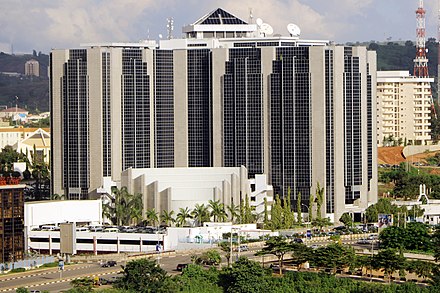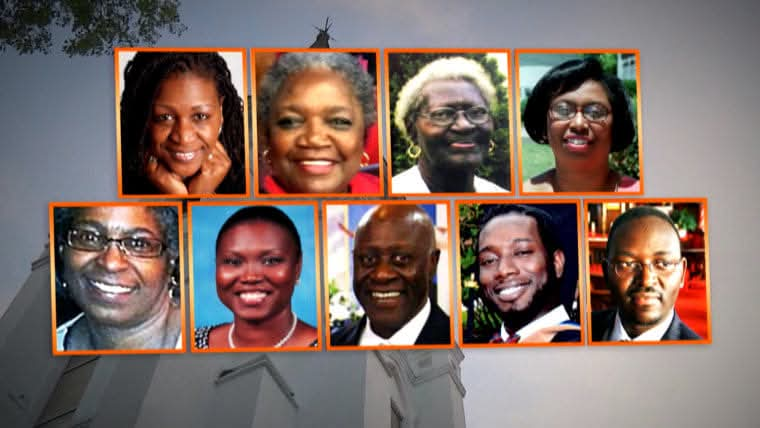CBN: A Brief into Nigeria's Central Bank 6 Decades of Turbulence

Did you know that since independence to date (2024), the Central Bank of Nigeria has had 14 governors and that only one female had led the Central Bank in acting capacity since its establishment?
An enquiry within the periods of 1892 to 1952 by the then colonial administration to investigate banking practice in Nigeria led to the G. D. Paton Report which was the basis for the first Banking Ordinance of 1952. The ordinance was designed to ensure orderly commercial banking and to prevent the establishment of unviable banks. Prior to the enquiry, the banking industry was largely uncontrolled.
The banking ordinance triggered rapid growth in the industry, and with growth also came disappointment. By 1958, a few banks had failed. To curtail further failures and to prepare for indigenous control, in 1958, a bill for the establishment of the Central Bank of Nigeria was presented to the House of Representatives of Nigeria.
The Central Bank of Nigeria Act No. 24, 1958 was published as chapter 30 of the 1958 edition of the Laws of Nigeria and Lagos. It was fully implemented on 1 July 1959, when the CBN came into full operation and remained the primary statute governing the CBN until its repeal by the CBN Act No.24, 1991.
In April 1960, the Bank issued its first treasury bills. In May 1961, the Bank launched the Lagos Bankers Clearing House, which provided licensed banks a framework in which to exchange and clear checks rapidly. By 1 July 1961, the Bank had completed issuing all denominations of new Nigerian notes and coins and redeemed all of the British West African pounds that were circulating in Nigeria.
The wide range of economic liberalization and deregulation measures following the adoption, in 1986, of a Structural Adjustment Programme (SAP) resulted in the emergence of more banks and other financial intermediaries.
The Banks and Other Financial Institutions (BOFI) Decrees 24 and 25 of 1991, which repealed the Banking Decree 1969 and all its amendments, were, therefore, enacted to strengthen and extend the powers of CBN to cover the new institutions in order to enhance the effectiveness of monetary policy, regulation and supervision of banks as well as non-banking financial institutions. Unfortunately in 1997, the Federal Government of Nigeria enacted the CBN (Amendment Decree No. 3 and BOFI (Amended)] Decree No. 4 in 1997 to remove completely the limited autonomy which the Bank enjoyed since 1991.
The 1997 amendments brought the CBN back under the supervision of the Ministry of Finance. The Decree made CBN directly responsible to the Minister of Finance with respect to the supervision and control of bank and other financial institutions, while extending the supervisory role of the bank to other specialised Banks and Financial Institutions. The amendment placed enormous powers on the Ministry of Finance while leaving the CBN with a subjugated role in the monitoring of the financial institutions with little room for the Bank to exercise discretionary powers.
The CBN (Amendment) Decree No. 37 of 1998 which repealed the CBN (Amended) Decree No. 3 of 1997, provided a measure of operational autonomy for the CBN to carry out its traditional functions and enhances its versatility.
The current legal framework within which the CBN operates is the CBN Act of 2007 which repealed the CBN Act of 1991 and all its amendments. The Act provides that the CBN shall be a fully autonomous body in the discharge of its functions under the Act and the Banks and Other Financial Institutions Act with the objective of promoting stability and continuity in economic management. In line with this, the Act widened the objects of the CBN to include ensuring monetary and price stability as well as rendering economic advice to the Federal Government.
Furthermore, the regulatory powers of the CBN were strengthened by the Banks and other Financial Institutions, BOFI (Amendment) Decree, No. 38 of 1998 which repealed BOFI (Amendments) Decree No. 4 of 1997. Through the amendments, the CBN may vary or revoke any condition subject to which a license was granted or may impose fresh or additional condition to the granting of a license to transact banking business in the country. By the Decree, the CBN's powers on banks, specifically those relating to withdrawal of licenses of distressed banks and appointment of liquidators of these banks, including the NDIC was restored.
The BOFI (Amendment) Decree No. 40 of 1999 makes the provisions relating to failing banks applicable to other financial institution. It also empowers the Governor of the CBN to remove any manager or officer of a failing bank or other financial institution.
The CBN has also taken responsibility for nurturing the money and capital markets. In furtherance of this, the CBN introduced treasury bills in 1960, treasury certificate in 1968, and facilitated the establishment of Lagos Stock Exchange in 1961 and the capital issue committee now known as the Securities & Exchange Committee in the early 1970s.
The Governors of the CBN since independence are: Roy Pentelow Fenton (24 July 1958 to 24 July 1963), Aliyu Mai-Bornu (25 July 1963 to 22 June 1967), Clement Nyong Isong (15 August 1967 to 22 September 1975), Adamu Ciroma (24 September 1975 to 28 June 1977), Ola Vincent (28 June 1977 to 28 June 1982), Abdulkadir Ahmed (28 June 1982 to 30 September 1993), Paul Agbai Ogwuma (1 October 1993 to 29 May 1999), Joseph Oladele Sanusi (29 May 1999 to 29 May 2004), Charles Chukwuma Soludo (29 May 2004 to 29 May 2009), Sanusi Lamido Aminu Sanusi (3 June 2009 to 20 February 2014), Sarah Alade – Acting (20 February 2014 to 3 June 2014), Godwin Emefiele (3 June 2014 to 9 June 2023), Folashodun Adebisi Shonubi (9 June 2023 to 15 September 2023), Olayemi Cardoso (15 September 2023 – Incumbent)
Sources: CBN | Wikipedia
#penglobalhistory #CBN



